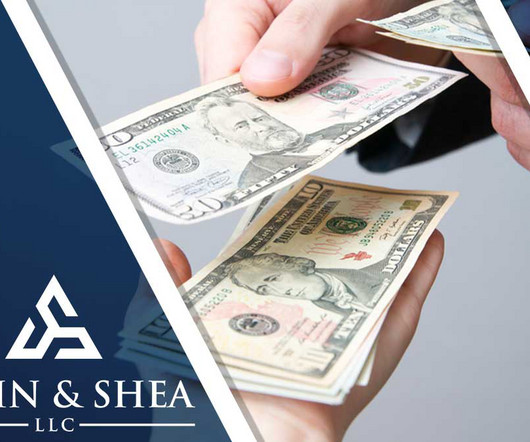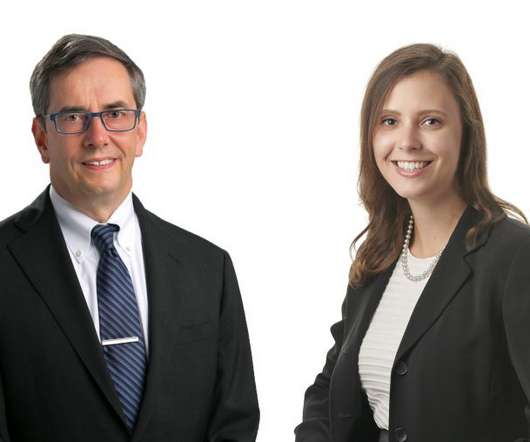What Are Preferential Payments in Bankruptcy?
Sawin & Shea
APRIL 24, 2024
Insider creditors include a friend, family, member, or business associate. If the payments were made to an insider creditor, the preference period changes from 90 days to within one year of filing. Secured vs. Unsecured Creditor A secured creditor has a lien of some kind on a debtor’s property.

















Let's personalize your content